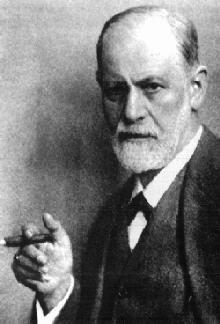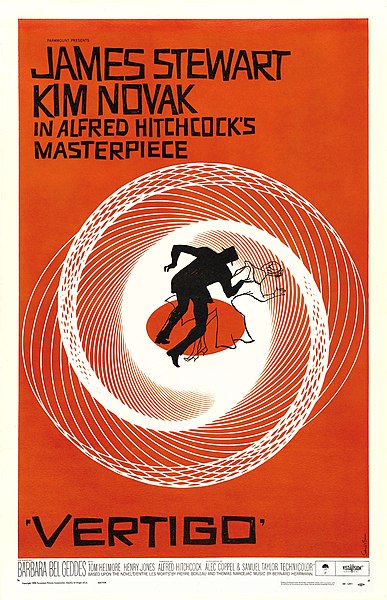Comparison
In Rebecca Maxim loses her wife. We never see this woman but she is described as an extremely beautiful, intelligent and educated woman. In Vertigo Madeleine appears as an extraordinarily charming and elegant woman, whose loss Scotty, as Maxim with Rebecca, isn't able to go beyond.
In Rebecca, Maxim's new wife, who appears of humble origin, so humble we don't even know her name, struggles to bear the comparison with Rebecca, and it appears at first that Maxim is still bound to Rebecca's memory. The same happens in Vertigo: when Scotty meets Judy, he's struck by the girl resemblance with Madeleine, and Judy has to undergo the humiliating process of becoming Madeleine.
indifferent woman incapable of love, in the latter we discover that Judy was actually posing as Madeleine to prepare the stage for a homicide.
In Rebecca Manderley, Maxim's rich and isolated residence, is crowded with high towers, while the tower of an isolated mission is the place of turning point events in Vertigo.
In Rebecca the housekeeper, Mrs Danvers, a very strict and severe woman, sets Manderley on fire. Mrs de Winter is able to flee safely for a happy ending. In Vertigo instead, a nun suddenly appears at the top of the tower, and Judy, trying to run away, falls down and dies. A sort of nun is intrumental for the end of both movies.
Finally, the acting styles of Joan Fontaine and Kim Novak bear some resemblance to each other. When they express anguish because the man they love appears to be bound to a woman they feel they can't compare to, they express it in a similar way. It may be be that Novak took inspiration from Fontaine while learning acting.
 |
| Sigmund Freud |
Interpretation
If Hitchcock went over to the same themes twice, well, maybe it was because they were near to his heart.
These themes allow a psychological interpretation. The first woman is a man's mother. She's the beautiful, young, overwhelming woman a man meets just after birth. The latter woman is a real woman, humble and perfectible.
 |
| Alfred Hitchcock |
The connection between the eyes, vision, and the early image of one's mother emerges in Scotty's acrophobia (vertigo), which is clinically thought to emerge because of an excessive prevalence of vision over the other senses. I should recall that Oedipus, as a self-punishment for killing his father and marrying his mother, blinds himself with two pins, as if vision were to be blamed. I also remark that Hitchcock, in one of the his last interviews, said he felt particularly happy and calm when looking to a clean horizon without the tiniest cloud, again stressing the role of vision in his mood, a vision of perfection without defects.
I may add that the isolated tower stands for male penis, and the meaning is that the incestuous relationship goes into troubles when it comes to sex. In Rebecca the towered isolated residence is destroyed at the end, meaning that Maxim gives up his screwed attitudes to accept life with a real woman (also in Vertigo there is a moment when it appears that Scotty and Judy may live happily together, but the chance is lost when Judy wears the necklace that reveals to Scotty the deception he was caught in).
The nun symbolizes that the obstacle to the improper relationship is of moral nature.
Finally, the deception may mean that maternal love, at least as it is seen and felt from the perspective of a child, is actually a deception, and that lingering too long on it, leads to troubles.




